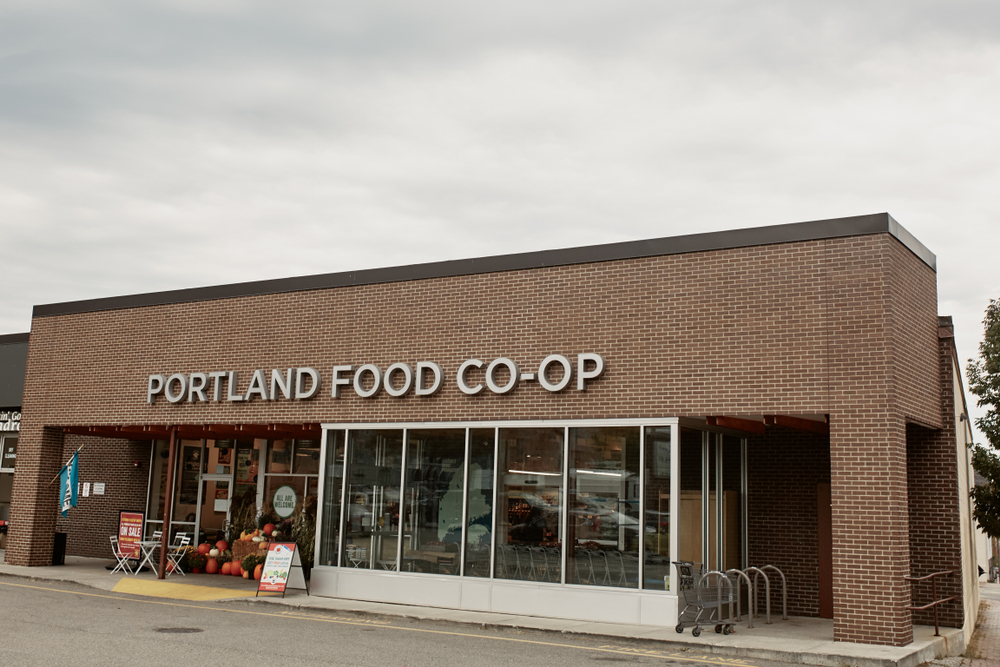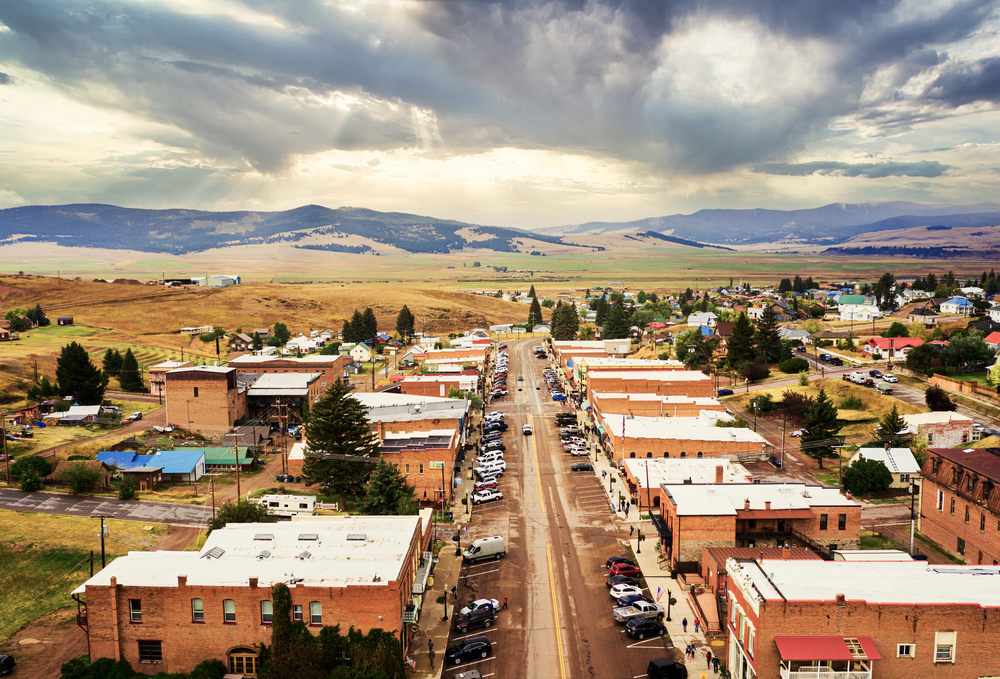Food insecurity has long been a social problem within our society, however, it can be tough to analyze such a significant issue and develop viable solutions. Here we will dive deeper into exactly what the obstacles are and identifiable solutions to mitigate food insecurity.
What are Food Deserts?
A region is considered a food desert when either 500 people or 33% of a population living in a low-income area is 1 mile away from a large supermarket in urban areas. In rural regions, being 10 miles away from a large supermarket earns them food desert status. Low-income shoppers are forced to use biking, walking, or public transportation to buy their groceries. This causes a massive inconvenience for these people and can result in them not getting what they need. This problem has grown even more for some families since the beginning of the pandemic because kids are not getting their school-sponsored meals.
Food Desert Solutions
Establish Bus Stop Farmers Markets
Farmers markets are a common occurrence in most communities, however, the location of these markets can be invaluable for a family without transportation. These low-income families deserve a chance to purchase farm-fresh groceries that is reachable within their commute. These types of farmers’ markets can already be found in places such as Atlanta, Dayton, and multiple locations in Tampa. They customarily offer discounted prices and accept food stamps.

Improve Public Transportation Options
In rural areas, public transportation is often not as connected, resulting in the need for a personal vehicle. We often see cheaper housing developments outside of the immediate city for urban areas, causing low-income families not to have the necessary public transportation options. We have already seen people fixing this problem through the use of ridesharing applications such as Lyft, which started working with nonprofit organizations to grant residents within food deserts access to the groceries they require. Even though this alone is not enough to solve transportation issues, it is a step in the right direction and will help some groups while setting the stage for other organizations to form similar programs.
Support Community Gardens
Former First Lady Michelle Obama made known the concept of urban gardens. This policy proposed to decrease childhood obesity rates by offering healthier food choices within food deserts. While community gardens are dependable ways to mitigate unavailable healthy food options, studies show that community gardens are often located in regions that already have means of acquiring healthy food options. Future gardens must be placed in high-need food deserts for optimal impact. The main disadvantage of community gardens is that it requires a dedicated community, a community leader, gardening knowledge, and help from local organizations to be certain the garden will be prosperous. Often people in these communities either do not know that these gardens exist or do not possess the time or skills necessary to contribute to the gardens. By creating more awareness and forming local organizations, we can establish a beneficial garden for the entire community.

Implement Dollar Store Restrictions
Cities have started to restrict the quantity of dollar stores within low-income neighborhoods, particularly in food deserts. While these stores may seem like a good idea in these areas, they are actually intensifying the problem because they do not provide healthy options and have the ability to force grocery stores out of the area. The reasoning for this is that a low-income family without transportation will shop there out of convenience, and grocery stores will not be able to keep up their profit margins on their most popular products. While this solution does not necessarily offer healthier food options, it does inhibit new food deserts from forming. When combining these tactics with the addition of healthy food options, these regions will begin to improve. It has been revealed that farmer’s markets often provide cheaper healthy options when compared to grocery stores, providing the opportunity for unhealthy eaters to change their habits while remaining at an affordable price.
Consider Food Co-ops, Nonprofits, and Government-Run Supermarkets
When comparing these types of supermarkets in high-need areas, every single co-op and nonprofit supermarkets initiatives that have opened have remained open. Comparatively, half of commercial and one-third of government supermarkets were either forced to shut down or could not start construction. About half of the government-community supermarket projects were also either unsuccessful or had to be discontinued. Many of these types of locations are not to turn a profit but rather to break even and ensure the store can remain open. Additionally, any profits that are made go back into helping the community in some way. This demonstrates how imperative the commitment of the community is for food desert grocery options. These types of stores benefit low-income neighborhoods much more than privately owned stores because they hire locally, pay higher wages, and support locally owned farms. Non-privately run supermarkets also require start-up money from the community, making the surrounding people that much more invested in the success of these markets.

Think Big!
These are some of the many different ideas that could be used to mitigate food deserts. There are plenty of other ideas out there, such as affordable grocery delivery services and converting old public vehicles into mobile grocery outlets. If we all band together within our communities, we can make a difference in providing healthy, accessible, and affordable food for all. Real change doesn’t happen overnight; it takes time. However, if you take the steps to make your business one you’ll be proud of, you will make your mark. It’s not going to be easy, but you can make a huge impact by taking little steps at a time. If you’re looking for a way to impact the world positively, Aceneca would love to hear more about you! Aceneca can help your business achieve its objectives and missions. We’re an organization whose goal is to change the world by collaborating with like-minded companies and organizations that advocate for social issues. Let us help your business make a difference! Get in contact with us today!
